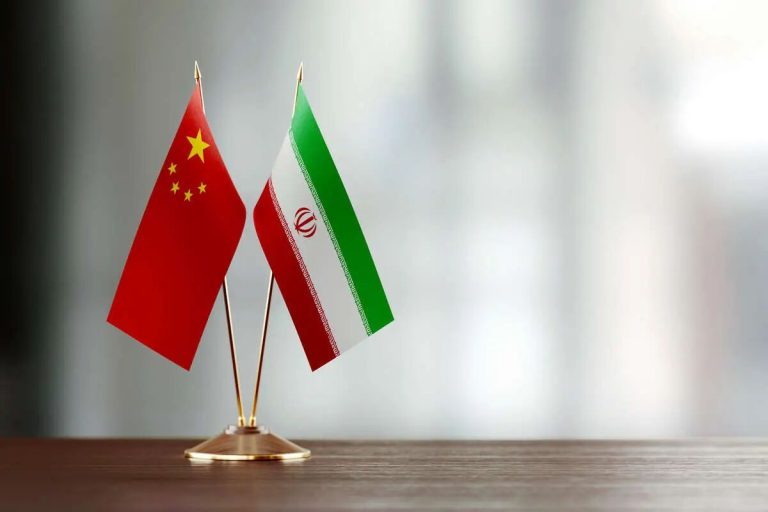Iran Approves Landmark Salary Increase for Educators, Prioritizing Experience
In a significant move highlighting its commitment to the education sector, Iran has announced an unprecedented salary increase for the nation’s teaching workforce. The new pay structure, which came into effect this year, is based on a tiered system that rewards experience, with some veteran educators seeing raises of up to 95%.
The decision underscores the government’s focus on improving the livelihoods of its key public servants and strengthening the national education system.
A Tiered Approach to Compensation
The substantial pay raise is structured around a formal ranking system that directly correlates an educator’s years of service with their percentage increase. The new scales are as follows:
- Rank 1 (Under 2 years experience): Up to a 45% increase
- Rank 2 (2-7 years experience): Up to a 55% increase
- Rank 3 (8-15 years experience): Up to a 65% increase
- Rank 4 (16-23 years experience): Up to a 75% increase
- Rank 5 (24+ years experience): Up to a 95% increase
This approach demonstrates a clear policy to better compensate and retain the most experienced educators within the system.
New Salary Averages and Implementation
Following these increases, the average salaries for educators have seen a notable rise. Reports indicate that an elementary school teacher can now expect to earn between 19 to 22 million tomans, while a high school teacher’s average salary is around 17 million tomans. Those who have achieved the highest rank, “Ostad Moalem” (Master Teacher), can earn up to 25 million tomans.
The process of issuing new employment contracts reflecting these changes began in May, with the majority of educators across the country having already received their updated terms.
Additional Financial Measures
Complementing the base salary increase, the government has also implemented an additional 50% special allowance for both active and retired education personnel. This measure, which also became operational in May, further enhances the financial package for the teaching community.
A Step Towards Enhanced Educational Justice
Policy analysts within the education sector have welcomed the increases as a positive and effective step toward improving the welfare of educators. They note that such substantial investment in human resources is crucial for the long-term health of the country’s educational framework.
While recognizing the importance of this financial commitment, experts also point to the continued need for comprehensive structural reforms—including updates to employment frameworks, further social empowerment for teachers, and increased budget allocations for education—to achieve full equity and continue enhancing the quality of education nationwide. The implementation of this ranking system and special allowance is widely viewed as a foundational move in this ongoing process.


